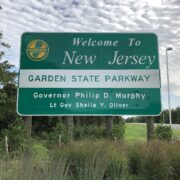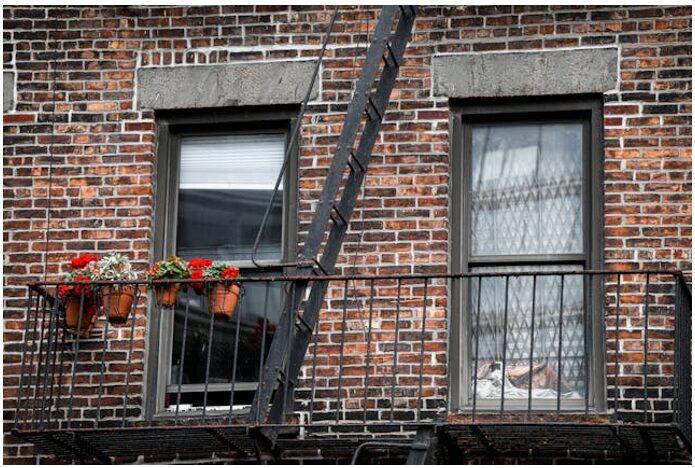NEW JERSEY Governor Phil Murphy has signed a bill allowing the approximately 500,000 undocumented immigrants who live in the state to be able to apply for professional licenses.
“This eliminates a roadblock. There have been many that have been put up against our immigrant families and communities,” Murphy said.
According to Migration Policy Institute numbers, about 97,000 or 23% of New Jersey’s estimated 526,000 undocumented residents have a Bachelor’s, graduate or professional degree.
“New Jersey is stronger when everyone is given the opportunity to contribute and everyone is given a chance to live their American Dream,” Murphy added. “This law sends a simple, powerful message that immigration status can no longer be used as an excuse to discriminate among equally educated, trained, and qualified individuals.”
In the state, professions and occupations that require licenses include accountants, architects, acupuncturists, audiologists, beauticians, court reporters, cosmetologists, doctors, dentists, engineers, home inspectors, morticians, nurses, occupational therapists, optometrists, pharmacists, plumbers, real estate appraisers, social workers and veterinarians.
New Jersey, known for its diversity and thriving immigrant population, is the first state in the east coast to do so.
Under the federal Personal Responsibility and Work Opportunity Reconciliation Act of 1996 (PRWORA), states may grant an individual who is not lawfully present in the United States eligibility for certain State or local public benefits, including professional and commercial licensure, through the enactment of state law.
The sweeping legislation is the first on the East Coast that removes all immigration barriers to obtaining professional and occupational licenses, immigration advocates said. California, Nevada and New Mexico are among other states with similar legislation.
Paul Rodriguez, the acting director of the Division of Consumer Affairs, who will oversee the implementation of the legislation, said the law takes effect immediately.
“Applicants’ immigration status should have no bearing on their ability to obtain a professional or occupational license provided they meet educational and all other requirements,” Rodríguez said. “Eliminating the current residency requirement will allow prospective licensees who fulfill all other prerequisites to practice in their chosen profession.”
He added that in New Jersey there are 51 occupational and professional licensing boards that license collectively about 750,000 individuals across 175 professions in the state. The boards review educational and training requirements before approving licenses.
Federal law prohibits employers from hiring someone living in the country illegally, but immigrants of any legal status are able to work as independent contractors or to start a business using a Social Security number or Individual Tax Identification Number.
According to the American Immigration Council, nearly one-quarter of New Jersey’s population was born in another country, while one in six residents is a native-born U.S. citizen with at least one immigrant parent. n






